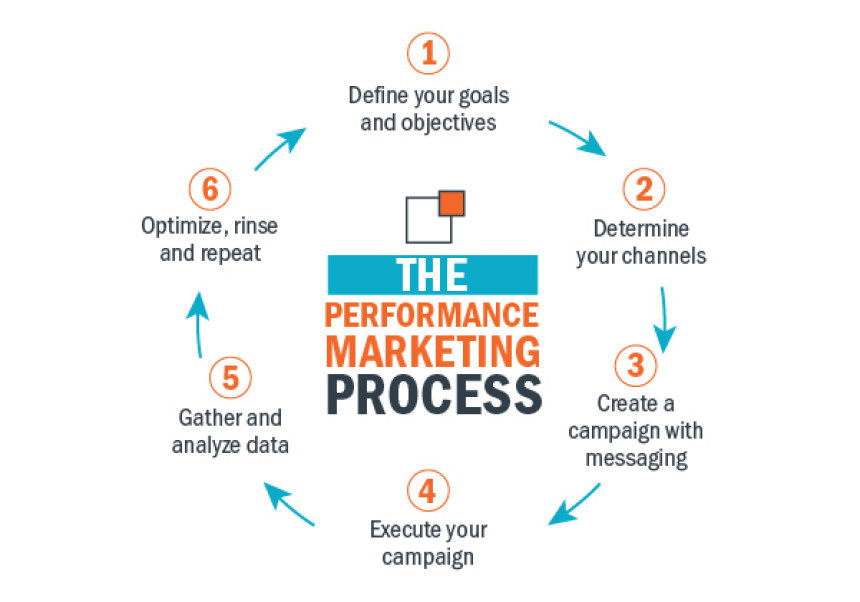
Hashtags
2 years ago
Hashtags
#what-is-this
What is Performance Marketing?
Performance marketing is a type of digital advertising strategy in which advertisers pay based on specific actions or outcomes that are directly tied to their marketing goals or objectives. Unlike traditional advertising models where advertisers pay for impressions or clicks, performance marketing focuses on measurable and trackable results.
Key features of performance marketing include:
- Measurable Results: Performance marketing relies on precise metrics and Key Performance Indicators (KPIs) to evaluate the success of a campaign. Advertisers can track conversions, sales, leads, sign-ups, downloads, and other desired actions.
- Pay-for-Performance Model: Advertisers only pay when a desired action is completed. This could be a click, form submission, sale, app install, or any other pre-defined conversion event.
- Various Channels: Performance marketing can be implemented across various digital channels including search engines, social media platforms, email marketing, affiliate marketing, display advertising, and more.
- Targeted Advertising: It allows for precise targeting based on factors like demographics, location, interests, behavior, and more. This ensures that ads are shown to the most relevant audience.
- Optimization and Testing: Performance marketing campaigns are highly dynamic and allow for continuous optimization. Marketers can adjust ad creatives, targeting parameters, landing pages, and other elements to improve campaign performance.
- ROI-Focused: Performance marketing is heavily focused on return on investment (ROI). Advertisers aim to achieve a positive ROI by ensuring that the cost of acquiring a customer or lead is lower than the value generated from that customer or lead.
- Real-Time Analytics: Marketers have access to real-time data and analytics, allowing them to make quick decisions and adjustments to campaigns.
- Affiliate Marketing: A subset of performance marketing, affiliate marketing involves partnering with individuals or other businesses (affiliates) who promote products or services in exchange for a commission on sales generated through their referral.
- Attribution Models: Performance marketing often employs sophisticated attribution models to track and assign value to various touchpoints in a customer's journey, helping to understand which channels and interactions contribute most to conversions.
- Customer Lifetime Value (CLV): Performance marketing takes into consideration the long-term value of a customer, rather than focusing solely on immediate conversions. This helps in making more informed decisions about marketing spend.
- Dynamic Creatives: Performance marketing campaigns often use dynamic creative optimization (DCO) to customize ad content in real-time based on user behavior, demographics, or other variables.
Performance marketing is widely used by businesses of all sizes, from small startups to large enterprises. It is particularly popular in e-commerce, lead generation, and app marketing, where direct and measurable outcomes are crucial for success.





